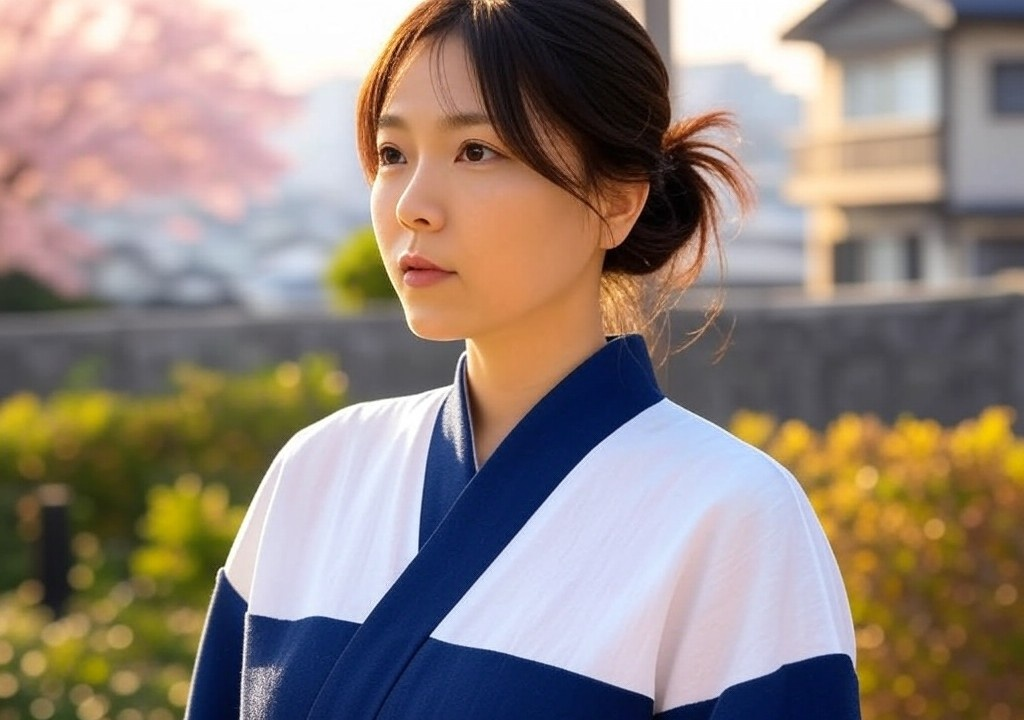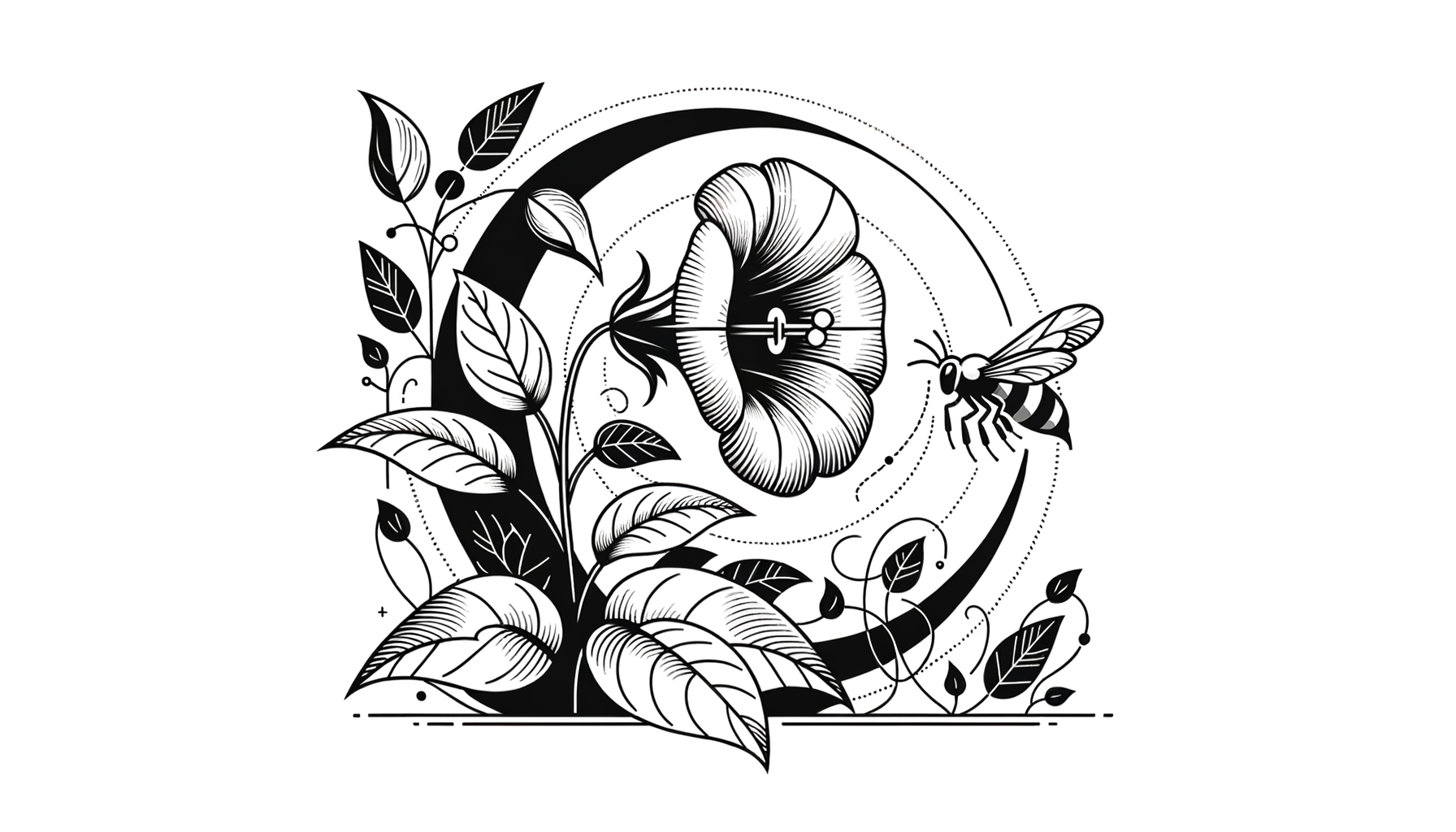The Doorbell to Destiny
There’s a kind of phone call that splits your life into two—the Before and the After. Mine came one rainy Tuesday in Vancouver, the kind of day where the skies are an unapologetic shade of slate. You know the vibe: a drizzly wetness so persistent it feels like the universe has been binge-watching tragic rom-coms and crying alongside.
I was sprawled on my couch with my fourth cup of tea and a worn paperback copy of Haruki Murakami’s Norwegian Wood. My phone buzzed, and for no particular reason, I let it ring a couple of times before answering. When I finally picked up, the voice on the other end was anything but routine.
“Rina,” the voice said, the kind of voice that sounds like it has its hands on its hips. “I need you to stop what you’re doing because I have an absurd idea.”
That call would change my life.
From Museum Floors to Midnight Floors
To understand why that call was so significant, you need a little context. At the time, I was waist-deep in my career as a museum curator—a romantic-in-theory job but often thankless in execution. My days were filled with beeping forklifts moving precious artifacts and debates over optimal lighting for 14th-century scrolls. I loved history, but honestly, the work was starting to feel like polishing glass in a room with no windows.
The voice belonged to a college friend named Naomi. Together, we had spent countless nights in Tokyo cafes dissecting poetry, overrated art-house films, and the existential dread of turning 30. Naomi had always been the adventurous one, working in creative spaces where people wore outrageous shoes and threw art parties in crumbling warehouses.
Back to the phone call: Naomi’s absurd idea was for me to write an essay about modern love—and to submit it to her boyfriend’s online publication. “Trust me,” she said with the enthusiasm of someone who just discovered oat milk lattes. “Your take on relationships is so weirdly specific but borderline universal. Like banana bread: nobody thinks they need it, but it always hits.”
I laughed. And I nearly declined.
I thought, why me? I'd just gone through an international breakup (more on that later), and my personal life felt like the emotional equivalent of an empty Goodreads account. But Naomi wouldn’t let go. Her persistence made me think of one of those motivational posters that haunt every dentist’s waiting room: “A ship in harbor is safe, but that’s not what ships are built for.”
So, I said yes.
Lessons from Long-Distance Love (and Its Crash Landing)
This brings us to something I should confess: my expertise in relationships hit its peak while navigating a tormented long-distance romance. I’d met Thomas on a research trip in Paris. He was a fellow academic, all thick black-rimmed glasses and slightly wrinkled cardigans that somehow seemed deliberate. He quoted obscure philosophers over croissants, and I thought, "This is fate." Spoiler alert: it wasn’t.
What I learned from Thomas—and perhaps why I eventually started writing about relationships—is that love doesn’t exist in a vacuum. It survives on communication, intention, and a shared understanding of reality. Our cultural rifts, time-zone misalignments, and heated debates about why I preferred John Keats to Nietzsche made sure our relationship was doomed—and yet I came out of it understanding myself better.
So, when Naomi’s call came, urging me to put this experience into words, I realized I had a lifetime of untapped stories to tell. Lessons. Regrets. Little victories. Failures dressed as epiphanies. It’s the kind of treasure trove anyone who's lived through adulthood could mine for hours.
Writing My First Relationship Essay
With shaky fingers and precisely 2.5 glasses of wine, I began typing. Naomi was right about my approach being uniquely specific yet oddly relatable. I wrote about the secret language couples develop over time—the inside jokes, the looks across a crowded room. I spun metaphors about how relationships are like bonsai trees: beautiful, intricate, but requiring constant care.
I confessed how I’d sometimes sabotaged relationships by expecting people to read my mind. I explored the absurdity of “what are we?” conversations that stretch out longer than the Lord of the Rings trilogy. And through it all, I kept my tone light, never veering into the heavy-handed territory of giving out “advice.”
I sent the essay off with no expectations. A week later, I got a response: “Rina, you’re a dream hire. If this is your first draft, can we adopt you?”
That little essay went viral (a modest viral—let’s not exaggerate), and the feedback was immediate and warm. People sent messages like “This sounds like my last boyfriend!” and “Omg the bonsai tree comparison!”—making me realize just how alike we all are in our attempts to navigate messy, beautiful human connections.
Why That Call Mattered
That call didn’t just put me on a new career path; it redirected how I saw myself. Writing about relationships became more than a job. It was a mirror, showing myself all the contradictions and complexities that make up who I am. Along the way, I also realized that “failure” in relationships isn’t really failure—it’s research.
I found that love is like trying to learn a second (or third) language as an adult. There’s fumbling, there’s embarrassment, and yet there’s that inexplicable joy when things finally start to make sense.
Naomi’s phone call was the nudge I needed to stop playing it safe. It reminded me that fate doesn’t always happen in a swooping, cinematic crescendo. Sometimes, it’s just a buzz on your phone screen, waiting for you to pick up and say “why not” instead of “no.”
Takeaway: The Phone Calls You Should Say Yes To
Not all phone calls will lead to your next big opportunity—but a few might. My advice for future you when you’re faced with an unexpected proposition:
- Say yes, then figure things out. If it feels exhilaratingly terrifying, that’s your clue.
- Bet on your friends. They often see the potential in you before you do.
- Treat life like a Murakami novel. Open doors, answer calls, follow weird cats. You never know where the plot might go.
So here’s to the call I’ll never forget. May your phone buzz with the same kind of wild, unexpected magic someday.




















